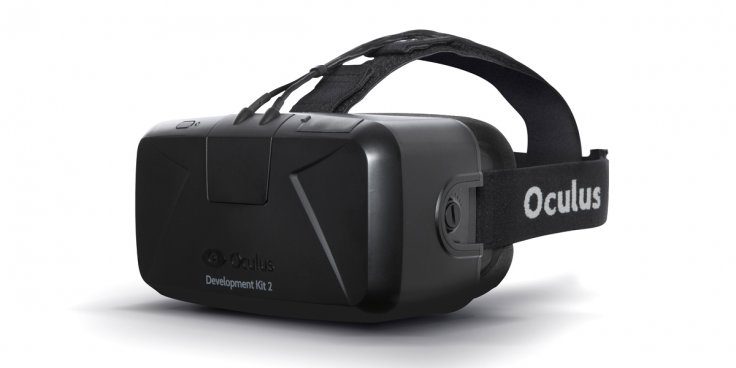In the ever-evolving tech landscape, Virtual Reality (VR) has emerged as a transformative force. Oculus vs HoloLens, two giants in this arena, are charting unique paths into alternate realities. Virtual Reality (VR), which was once the stuff of science fiction, has now opened up a wide market in the tech-park. In the past year we saw all the big names in the industry hint at or outright announce their involvement in VR and its emerging market.
In March 2014, Facebook turned heads with its $2 billion buyout of Oculus, one of the leading VR headset manufacturing companies. This shows the importance and impact VR will have in the coming future, especially in the gaming industry. Everybody wants to put their hand into the cookie jar.
So, what’s next for technology? Virtual Reality. VR is all set to change the world in more ways than you’d have thought possible.
Also Read: Where is Virtual Reality headed?
Oculus Rift vs HoloLens
Oculus Rift: The VR Gaming Marvel
Oculus vs HoloLens—Oculus VR, now a part of Facebook, has been on a relentless journey since 2012, developing the Oculus Rift—a groundbreaking VR headset. After several iterations, they’re gearing up for a consumer release.
The Oculus Rift immerses you in a virtual world, where you’re no longer a passive observer but an active participant. With images projected close to your eyes, it feels incredibly real. The gaming industry is poised for a revolution as the Rift lets you step into games, granting unprecedented control and immersion.
This product has managed to create a lot of buzz in the tech industry especially after their prototypes yielded astonishing results. Also, the recent acquisition of Oculus VR by Facebook goes to show how big an impact the Rift will have in the gaming sector. In simple words, what the Rift aims to achieve is the creation of a VR headset which allows players to step into games and take control like never before. The game you play is no longer limited to your screen, but stretches out to all that the eye can see. This VR headset projects the images onto a screen-like membrane which is very close to your eyes, making your brain think that it’s a true image you are viewing. All this at an affordable price will send gamers into frenzy when they can finally lay their hands upon a product that has only been a dream so far.
HoloLens: Microsoft’s Holographic Vision
HoloLens vs Oculus—On the other side of the spectrum is Microsoft’s HoloLens—a pioneering smart glass unit. It’s part of Windows Holographic, a platform merging reality with virtual projections. Unlike the Oculus Rift, it’s a self-contained Windows 10 computer, a first of its kind.
HoloLens transports you into a world where reality fuses seamlessly with holograms. You interact using voice commands, gaze, and hand gestures. Powered by a custom Holographic Processing Unit (HPU), it’s a holographic computer offering more computing power than a typical laptop.
We have seen in various futuristic movies how holograms are portrayed in computers. Windows is making that a reality by creating the first fully untethered holographic computer and HoloLens is the gadget which will help it in doing so. Microsoft HoloLens aims to help you look at the world in new ways, with a product which contains more computing power than that of an average laptop. Unlike the Oculus Rift, this VR masterpiece projects the light deirectly onto your retina and thus makes an illusion of reality for your brain to wonder. HoloLens lets you interact with holograms, making the world around you come to life. Various applications are under development so as to make it compatible with Windows Holographic. Holograms will soon be a part of most applications, if not all.
Two Visions, One Future
Oculus vs HoloLens—Oculus Rift targets gaming, promising a revolution where you’re not just playing but living within the game. The affordability factor adds to its appeal, making it a game-changer.
HoloLens, however, seeks to redefine computing entirely. It projects light directly onto your retina, creating a surreal illusion of reality. Interaction with holograms becomes part of everyday life, with applications being developed to integrate holograms seamlessly.
In the HoloLens vs Oculus duel, both aim to empower users, offering new dimensions of experience. Oculus Rift will redefine gaming, while HoloLens aspires to transform computing into a futuristic journey.
As the battle unfolds, it’s evident that VR is poised to transform our realities, whether through the immersive gaming experience of Oculus Rift or the holographic revolution of HoloLens.
The future is being reshaped, one virtual step at a time. Perhaps we should also keep an eye on Magic Leap, the dark horse in this race?
